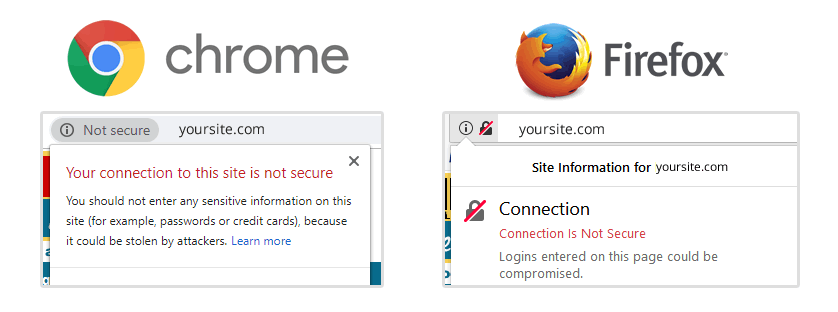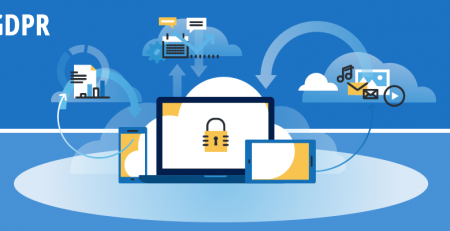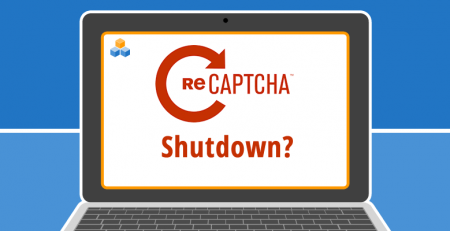In July 2018 most major browsers starting with Google Chrome and Firefox, began implementing a new feature that shows a message if a website is not secure. In this article we cover what it means, how it could be costing you sales, and how to resolve it.
What is an SSL Certificate?
SSL is an acronym that stands for Secure Socket Layer. A secure socket layer certificate is a data file that binds a cryptographic key/ID to a website via digital means. When installed on an internet server or a site, it allows for a secure connection between the website and a browser.
An SSL certificate contains a private and a public key. These keys are utilized in the establishment of a secure connection. An SSL certificate contains vital issuer information such as domain name, name, location, and server name.
A few years ago, SSL certificates were used only for e-commerce websites specific to pages for registration, login and checkout. This was done to secure credit card details, transactions, and login details. Today, SSL certificates are used even for websites that don’t handle sensitive information. An SSL certificate makes sure that information sent across the web is scrambled up for everyone except the intended recipient. It provides much needed privacy, data integrity and security. Additionally, websites with SSL certificates have HTTPs as their application protocol instead of HTTP. The accompanying letter ‘s’ represents the word ‘secure.’
Not Secure Messages In Chrome & Firefox
Using its flagship browser, Google took a step in the right direction toward increasing the security of websites on the internet. Earlier this year, tech giants Google made it clear that it will begin to mark websites without SSL certificates as non-secure on its Chrome browser. Shortly after Mozilla, authors of Firefox browser, implemented the same update. Websites that keep using HTTP application protocol will be marked with a warning that will be shown in the URL bar of all its Google Chrome browsers.
This is a change that promises to have a profound impact on the traffic of non-secure websites. A staggering 62% of all desktop searches are initiated via Google. This will be Google’s strongest move towards attaining a secure web. Since 2015, the tech giant’s search engine has been down-ranking unencrypted websites. It is no coincidence that sites with HTTPs account for about 25% of top search results. Google’s direct competitors Microsoft have not announced plans to implement such strategies on its Edge browser. However, there’s a certain sense that the inevitable is only being delayed.

How can the absence of an SSL Certificate impact your Website?
With Google’s and Mozilla’s new policy toward unencrypted websites, the absence of an SSL certificate on your website can have significant implications for the flow of traffic.
- Without an SSL certificate, there is a distinct possibility that you can lose up to two-thirds of your regular traffic. This is because a huge percentage of web surfers use Google Chrome and Firefox. A message in the URL bar declaring your website as non-secure will undoubtedly deter surfers from staying on your website. Your website may even run the risk of being viewed as illegitimate especially by new visitors.
- The absence of an SSL certificate can lead to a reduction in sales. Most e-commerce payment portals and gateways are going to stop payments through non-secure websites. Apart from the fact that new visitors may be deterred from visiting your website, existing visitors will not be able to make payments either.
- You can lose valuable search engine ranking if your website is not encrypted with an SSL certificate. Since 2015, Google’s algorithm has been downranking websites without SSL certificates. The tech giants have also indicated to the world that websites with SSL certificates will definitely be receiving a boost.
Getting an SSL Certificate
The simplest way to avoid all of the negative effects of your website not having a secure application protocol is to get an SSL certificate. SSL certificates can be issued by trusted certificate authorities. SSL certificates can also be purchased from your website hosting companies.
Securing your website is much more than purchasing an SSL certificate. You have to install the certificate on your web server. The installation process depends on the type of certification and the web browser.
Here are a few things that you should know about installing an SSL certificate:
- You have to identify and select the pages that you would go on to secure with SSL certification.
- Traditionally, you shouldn’t seek to secure only pages that carry out transactions or hold personal information.
- It is also essential that you use Google’s Change of Address Tool to notify the search engine about the basic change in address.
- A new content management platform/system is also needed.
- It is also essential to configure your website server to redirect old URLs to the new URLs.
Conclusion
Getting and installing an SSL Certificate can be a bit challenging. However, we can help you with that. We are already upgrading different client websites and have an efficient team ready to handle your project smoothly and professionally. Contact us today!
Sources
https://www.globalsign.com/en/ssl-information-center/what-is-an-ssl-certificate/
https://www.sslshopper.com/why-ssl-the-purpose-of-using-ssl-certificates.html






Leave a Reply
You must be logged in to post a comment.